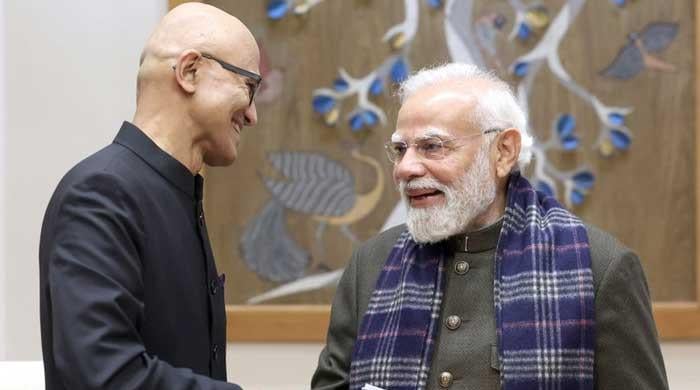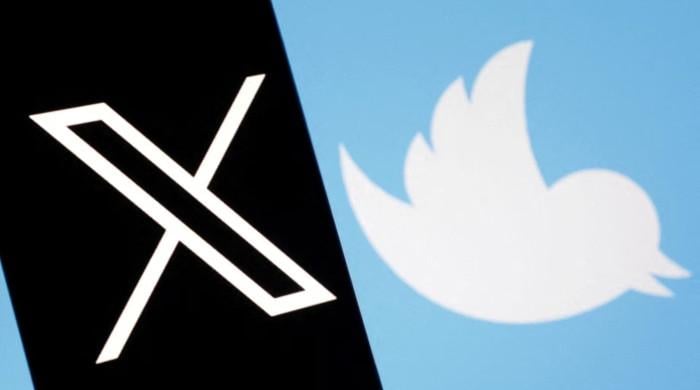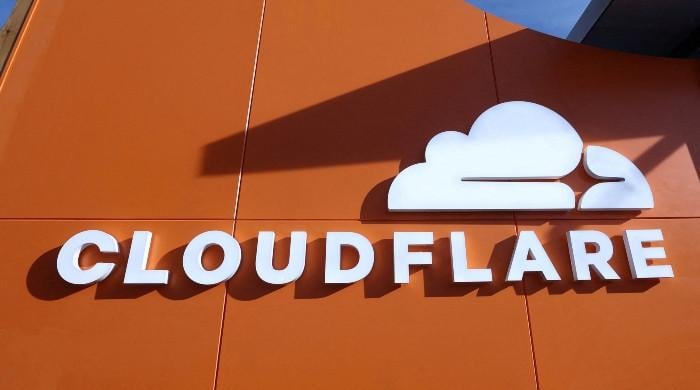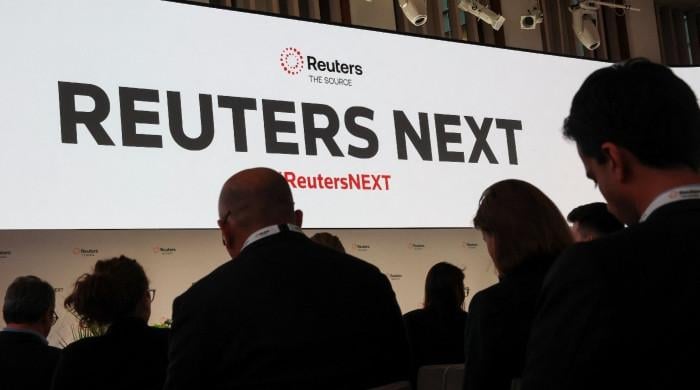VPNs being registered to ensure ‘uninterrupted operations': PTA
Registration underway to facilitate software houses, call centres, freelancers and embassies, says regulator
August 30, 2024

ISLAMABAD: The Pakistan Telecommunication Authority (PTA) announced registration of virtual private networks (VPNs) under "one window" operations in order to facilitate businesses of software houses, call centres, freelancers and foreign missions/embassies for their legitimate, secure and uninterrupted operations, a statement from authority said.
It added that it is an ongoing activity which is being continuously streamlined by PTA, MoIT, PSEB and P@SHA. Over 20,000 IPs have been registered for VPNs since 2020, the telecom regulator added.
The regulator also said that the one window operations were available at PTA and PSEB websites.
Earlier this month, amid reports of ban on virtual private networks, PTA clarified that it was whitelisting VPNs through a "automated process" to ensure the smooth and secure functioning of IT services and online businesses.
The clarification came after PTA Chairman Hafeezur Rehman, in a briefing to the Senate's Standing Committee on Cabinet Secretariat, confirmed that the PTA was whitelisting VPNs after which only selected proxy networks will be available in Pakistan.
Subsequently, the PTA said: “No such action has been taken and all kinds of blocking is undertaken only under the directions of government of Pakistan in accordance with legal frameworks and guidelines.”
Additionally, earlier on Wednesday, the authority said that the ongoing internet disruption across the country is likely to continue for over a month as the submarine cable, which caused degradation of the services, was expected to repair by early October.
Notably, the internet disruptions faced strong criticism from netizens and information technology (IT) sector, attributing the prevailing internet slowdown and limited connectivity to the purported testing of an internet firewall to rein in social media, which is equipped with filters to block unwanted content from reaching a wider audience.
The government has previously blamed a surge in VPN use for the slowdown.









